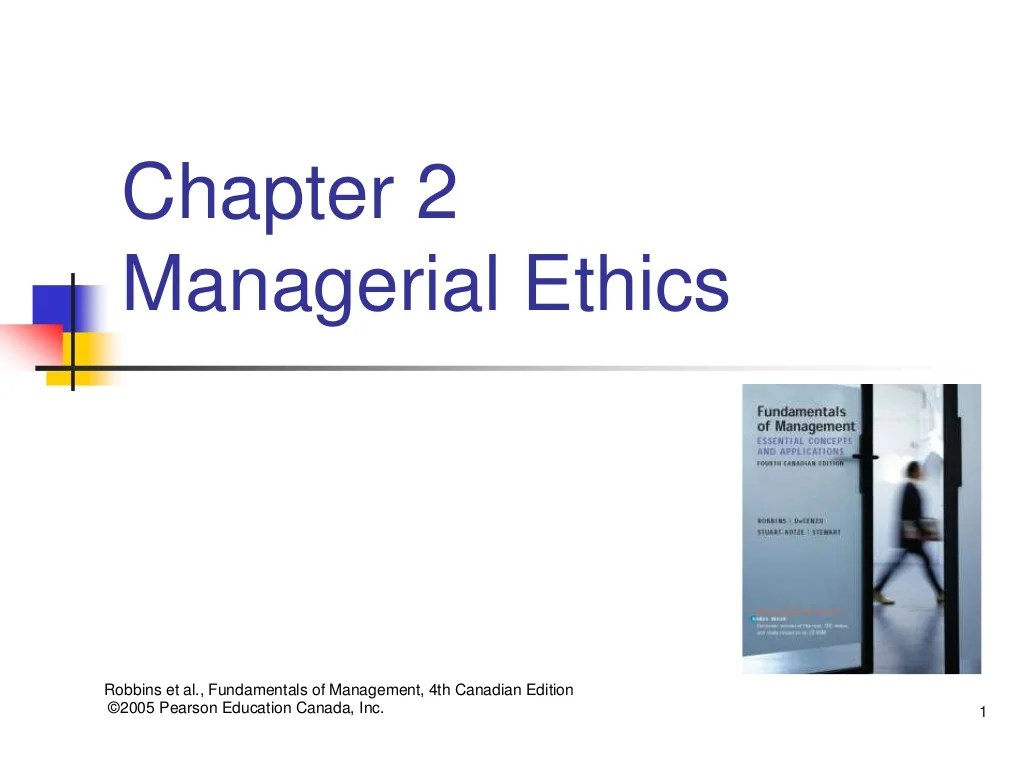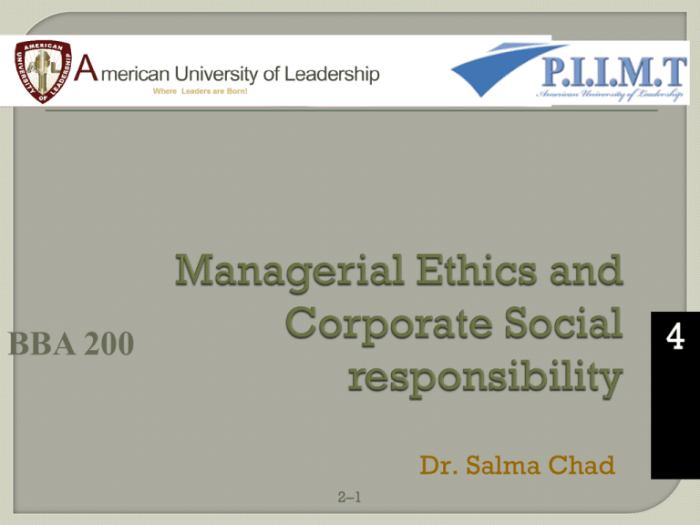Managerial ethics a hazardous debate – Managerial ethics, a hazardous debate, delves into the intricate ethical dilemmas faced by managers in hazardous work environments. This captivating discussion explores the delicate balance between safety and productivity, the ethical implications of technological advancements, and the crucial role of regulations and training in shaping ethical decision-making.
The complexities of managing in hazardous industries raise fundamental questions about the ethical obligations of employers and the rights of employees. As technology transforms these workplaces, new ethical challenges emerge, demanding innovative approaches to ethical decision-making.
Managerial Ethics in Hazardous Work Environments: A Complex Debate

Ethical decision-making in hazardous work environments presents managers with complex dilemmas and challenges. This article examines the ethical implications of balancing safety, productivity, and employee rights in these demanding settings.
Ethical Dilemmas in Managerial Decision-Making, Managerial ethics a hazardous debate
Managers in hazardous industries face ethical dilemmas that test their personal values and professional conduct. For example, they may grapple with:
- Prioritizing worker safety over productivity targets
- Balancing the need for risk-taking with the responsibility to protect employees
- Managing conflicts between employee rights and company policies
Balancing Safety and Productivity
The tension between maintaining high productivity levels and ensuring worker safety is a constant challenge in hazardous industries. Managers must navigate the ethical implications of:
- Sacrificing safety measures to meet production deadlines
- Pressuring employees to work in unsafe conditions
- Ignoring warning signs or safety concerns to avoid disruptions
Employee Rights and Employer Responsibilities
Employers have an ethical obligation to protect employees from workplace hazards. This includes:
- Providing adequate safety training and equipment
- Establishing clear safety protocols and guidelines
- Ensuring employees have the right to refuse unsafe work and report concerns
Ethical Implications of Technological Advancements
Technological advancements, such as automation and robotics, introduce new ethical challenges in hazardous work environments. Managers must consider:
- The potential impact of technology on employee safety
- The ethical implications of replacing human workers with machines
- The responsibility to ensure that technology is used safely and ethically
Role of Regulations and Standards
Government regulations and industry standards play a role in shaping ethical practices in hazardous industries. However, managers must also:
- Exercise ethical judgment beyond compliance with regulations
- Consider the ethical implications of loopholes or ambiguities in regulations
- Actively participate in developing and enforcing safety standards
Training and Education for Ethical Decision-Making
Training and education are essential for promoting ethical decision-making among managers in hazardous work environments. Programs should:
- Provide managers with the knowledge and skills to identify and resolve ethical dilemmas
- Foster a culture of ethical behavior and accountability
- Encourage managers to seek guidance from ethics committees or external consultants when needed
FAQ Section: Managerial Ethics A Hazardous Debate
What are the key ethical dilemmas faced by managers in hazardous work environments?
Managers grapple with dilemmas such as prioritizing safety over productivity, balancing the rights of employees with employer responsibilities, and navigating the ethical implications of technological advancements.
How can technology create ethical challenges in hazardous work environments?
Automation and robotics, while enhancing efficiency, can raise ethical concerns about job displacement, safety risks, and the potential for biased decision-making algorithms.
What is the role of training and education in promoting ethical decision-making?
Training programs can equip managers with the knowledge, skills, and values necessary to navigate ethical dilemmas, foster a culture of ethical conduct, and minimize the risk of unethical behavior.


